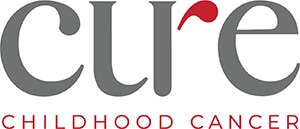
About Myles and Precision Medicine
What Is Precision Medicine?
Every child is unique. Thanks to your support, their cancer treatments can be too.
Our focus on advancing the use of precision medicine to treat children with cancer launched in 2017 and has been our highest priority since then, with a total investment of $12 million.
An easy way to understand precision medicine is to think of it as “personalized medicine.” Although we know that every child is unique, today’s childhood cancer treatment does not take into account the genetic differences of each child. Rather, a child’s cancer is treated according to disease type. But often, children with the same type of cancer respond differently to the same treatment. A chemotherapy which is effective for some may fail altogether for others because of the genetic differences at play. That is where personalized medicine comes in.
The vision of precision medicine is to provide personalized, non-toxic, and curative therapy for all children with cancer by genetically mapping a child’s tumor and targeting the problem mutations. To achieve this aim, genetic testing seeks to identify targets that allow doctors to create individualized treatments to destroy the mutated cells.
Since our focus on precision medicine began, 85% of the children who received genetic mapping with CURE’s funding found their treatments impacted by the information obtained. But the impact of precision medicine goes well beyond the child’s cancer treatment. Genetic testing can change a diagnosis or reveal a genetic predisposition to cancer that can affect a family for generations.



